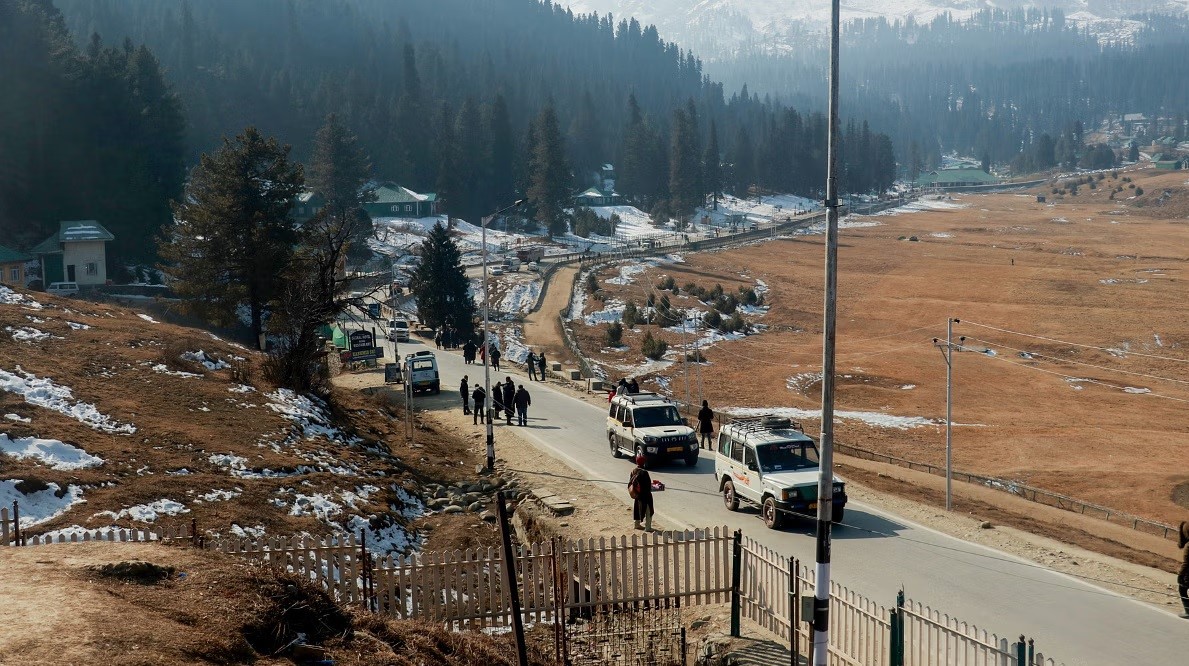
His charitable endeavors impacted millions of lives, and his leadership turned the Tata Group into a worldwide force.
“You’ll realize one day that material possessions are meaningless. The welfare of the people you care about is all that matters. – Ratan Tata, an insightful analysis that emphasizes Ratan Tata’s legacy of putting others’ needs and compassion ahead of his own worldly prosperity.
Ratan Tata, who was born on December 28, 1937, was more than just the leader of the Tata Group. He was a representation of charity, honesty, and humility. His charitable endeavors impacted millions of lives, and his leadership turned the Tata Group into a worldwide force.
His grandmother, Navajbai Tata, raised him when his parents divorced when he was only ten years old. Despite the challenges he faced, Ratan Tata remained committed to his studies. He later studied in the United States, graduating from Cornell University with a degree in architecture. The difficulties were difficult, but he persevered and kept learning.
In 1975, he finished an advanced management course at Harvard Business School, where he continued his education. He had a unique understanding of the theoretical and practical sides of running a corporation thanks to this formal education and his early years spent working on the factory floor at Tata Sons.
Even though IBM had offered Ratan Tata a position, his uncle Jehangir Ratanji Dadabhoy (JRD) Tata persuaded him to join the family business in 1962, which marked the beginning of his journey into the Tata Group. After understanding the ins and outs of the industry in a variety of positions at Tata Steel and Tata Motors, he was appointed chairman of the Tata Group in 1991.
Business and career success

Over the course of his more than 50-year career, Ratan Tata guided the Tata Group with integrity and an emphasis on long-term success. From 1991 to 2012, he served as the company’s chairman. In 2016, he briefly returned as interim chairman. The company’s revenue increased from $5.7 billion in 1991 to nearly $100 billion by 2012 while he was in charge. This demonstrates the extent to which the business expanded under his direction.
The Tata Group completed a number of significant acquisitions under Ratan Tata’s direction, which contributed to the company’s rise to prominence on a worldwide scale. Purchasing Tetley Tea in 2000, Corus Steel in 2007, and the well-known British automakers Jaguar and Land Rover in 2008 were some of the most significant transactions. These astute business choices demonstrated Tata’s intention to establish the company as a major participant on the world stage, and they generated discussion worldwide.
Despite being well-known in the corporate world, Ratan Tata was renowned for leading a modest life. He preferred driving a Tata automobile over the high-end vehicles produced by his company, and he lived in a modest Mumbai home. He never married and spent his life concentrating on his career and the causes that were important to him.
The lifetime achievements of Ratan Tata to the welfare of humanity and the world
He was adamant that businesses should support the community, and the Tata Group’s principles reflected this. Ratan Tata contributed to initiatives aimed at enhancing rural life, healthcare, and education through Tata Trusts, one of India’s biggest charities.
Taj Public Service Welfare Trust
In the field of healthcare, Ratan Tata made one of his most significant contributions. He was a founding member of the Tata Medical Center in Kolkata, which provides excellent cancer care, particularly to those from underprivileged backgrounds. Tata shown his concern for people after the tragic 2008 Mumbai terrorist attacks by establishing the “Taj Public Service Welfare Trust” to aid the victims and their families.
The impact of Ratan Tata extended beyond India. He gave his alma mater, Harvard Business School, $50 million to construct an executive education center. Both world leaders and citizens respected and admired him for his support of humanitarian, medical, and educational initiatives around the world.
Ratan Tata once again showed his dedication to assisting people during the COVID-19 outbreak by contributing Rs 500 crore to aid in the country’s battle against the virus. His acts amid this world crises demonstrated his unwavering commitment to societal well-being.
The legacy of Ratan Tata extends far beyond his commercial achievements. He felt that companies should support society and that leaders should be guided by strong moral principles. This concept has significantly changed the way Indian businesses operate today. “I don’t believe in taking the right decisions,” he frequently stated. I make choices and then correct them. His ability to think this manner enabled him to overcome obstacles and make important decisions, such as the introduction of the Tata Nano automobile.
One of Ratan Tata’s most ambitious projects, the Tata Nano project, was introduced in 2008. He pledged to build the most economical car in the world, with an ex-factory price of just Rs 1 lakh. The Nano represented Tata’s dedication to invention and his ambition to develop goods for the average person, even though it may not have been a commercial success.
Ratan Tata’s honors and commendations
Ratan Tata won multiple accolades for his work, including India’s third-highest civilian medal, the Padma Bhushan, in 2000, and its second-highest honor, the Padma Vibhushan, in 2008. One of the highest civilian decorations in the United Kingdom, the Knight Grand Cross of the Order of the British Empire, was bestowed to him by Queen Elizabeth II in 2014.
Ratan Tata continued to be involved even after leaving his position as head of the Tata Group. In addition to continuing his charitable endeavors, he coached new business owners and made investments in companies. Throughout his career, his leadership style was characterized by his conviction that companies should put people’s welfare ahead of their own bottom line.
Ratan Tata is a real jewel that India has lost. He devoted his life to creating a better society in addition to one of the biggest and most reputable corporations in India. Millions of people loved and respected him because of his leadership, generosity, and modesty. Future generations will continue to be inspired by this great man’s legacy as the nation honors him.
































































































